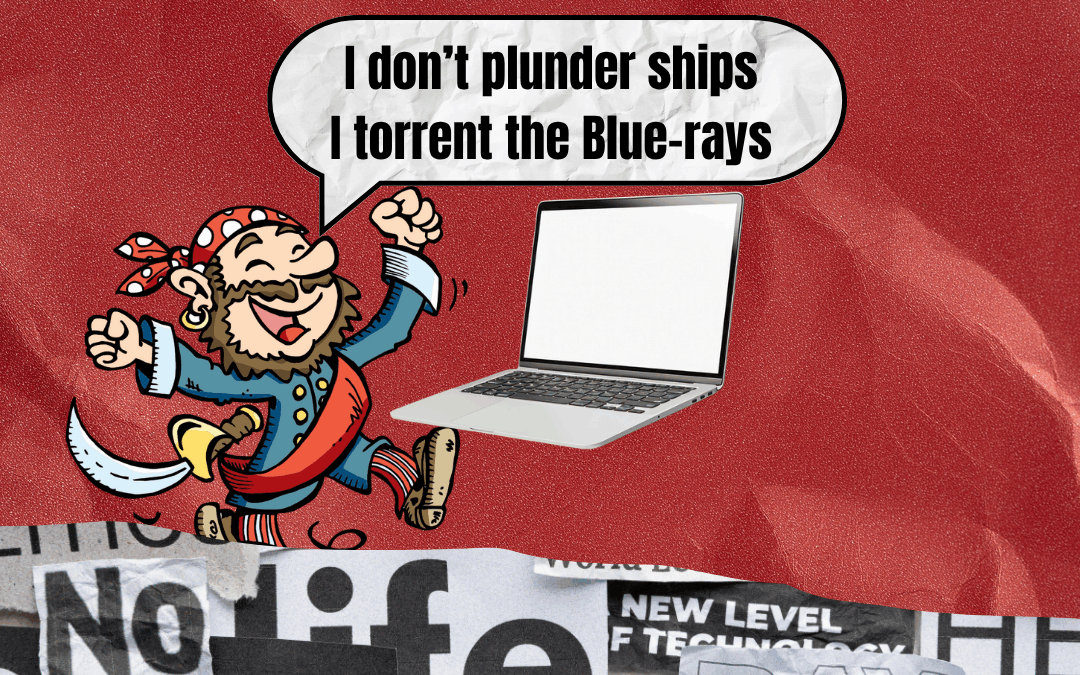
You know things are bad when Britain’s trains become a political love language. Delayed, overcrowded and eye-wateringly expensive. Our transport system is a national joke without a punchline, but this week, Labour Chancellor Rachel Reeves tried to flip the script, dropping a £15.6 billion plan to overhaul Northern, West Country and Midlands transport. From faster buses to new tram routes, it sounds like someone finally remembered places outside the South East exists.
At a glance it is an ambitious offer: think upgraded rail links between Liverpool and Manchester, expanded tram lines in Greater Manchester, and better buses for cities that have been wheezing along with the same infrastructure since the 90s. Reeves says it’s about correcting decades of Tory neglect, but with Reform UK snatching headlines, it’s also a clear political pitch: Invest in the North, win back in trust.
What’s actually on offer?
Labour’s plan focuses on fixing local transport in regions that have been underfunded for, well, ever. We’re talking tram upgrades in Manchester, a new mass transit system for West Yorkshire, faster bus services in Liverpool, and metro improvements in the Midlands, North East and South Yorkshire, and finally a rail link between Liverpool and Manchester that doesn’t feel like time travel in reverse.
This is money repurposed from the scrapped leg of HS2, and Labour says it’ll be rolled out between 2027 and 2032. If they win the election.
More importantly, Reeves wants to rewrite the Treasury’s ‘Green Book,’ which has been criticised for favouring investment in London and the South East. The revised rules aim to ensure that economically struggling regions receive fair consideration for funding. Changing these rules could be the real revolution: investing based on social impact and need, not just immediate economic return. Sounds fair, doesn’t it?
Some healthy caution
Still, while £15bn sounds impressive (and it is) it’s worth noting the context. London’s Crossrail alone cost £19bn. Experts have pointed out that truly levelling up Northern transport could cost significantly more and the scale of the challenge remains huge.
And while Labour has detailed how it would reallocate the funding, critics argue timelines are vague, and delivery could depend on many factors, not least whether Labour wins the next election. If you were hoping for faster trains by next Tuesday, don’t hold your breath.
But even so, the plan reflects a genuine shift in priorities. It’s a signal that transport is being taken seriously, not just as a talking point, but as a cornerstone for rebuilding economic fairness and trust.
Why does it matter?
For decades, regional transport has lagged behind. While London gets tube lines, contactless pay, and regular service, many towns outside the capital are left with ageing buses and hourly trains that never quite arrive. If you live outside the bubble, getting around often feels like an afterthought.
This isn’t just about convenience, it’s about connection. Reliable transport links impact access to jobs, education, healthcare, and community. Improving them isn’t a luxury; it’s foundational.
A transport system that works better for everyone could genuinely shift the daily experience of millions. That’s something worth paying attention to.
If Labour’s serious about fixing Britain’s transport inequality, this plan better not just sound good, it better run on time.
Listen to our podcast on the broken state of transport with Britain’s leading transport journalist here:





